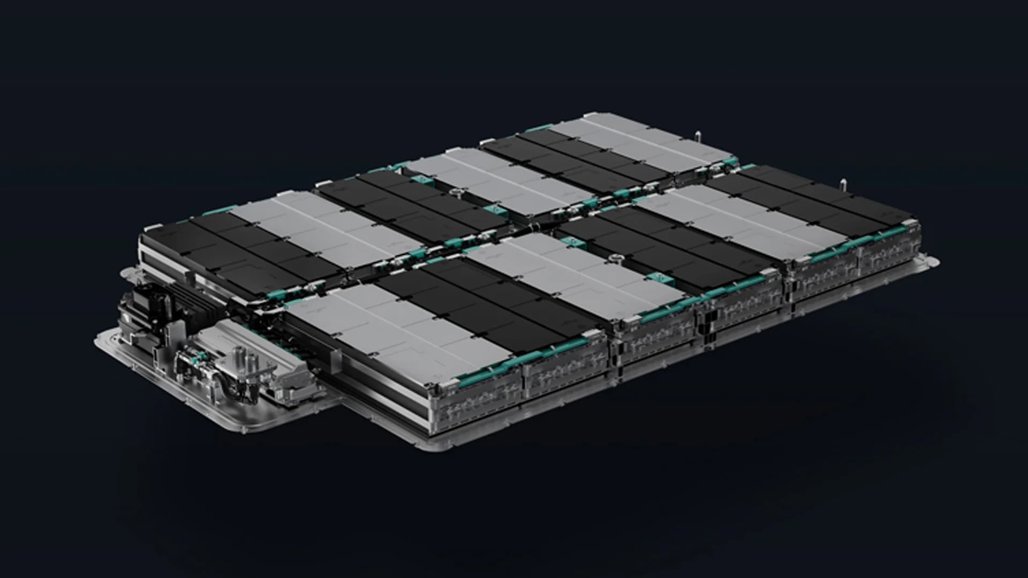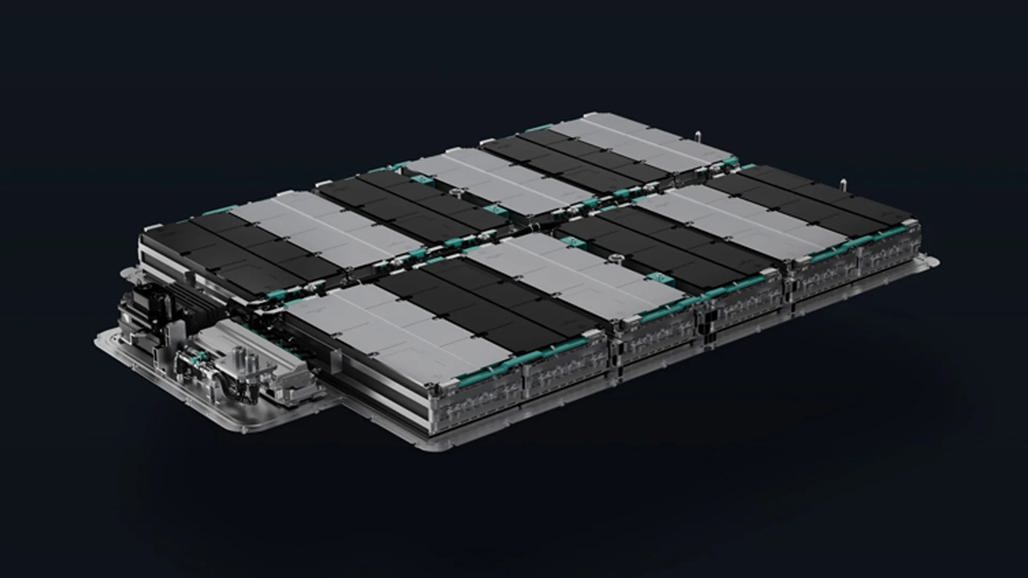A recent breakthrough in solid-state battery technology could have a significant impact on the electric vehicle (EV) industry.
Researchers from the University of Science and Technology in China (USTC) and the University of California have developed a new way to ‘dope’ battery materials, enabling them to charge to 80% in just nine minutes.
This advancement is a significant leap forward from conventional lithium-ion batteries, with recharging times slashed by more than half.

The researchers utilised a novel method known as ‘heteroatom doping’ in a process called ‘electrocatalysis’ to catalyse faster ion movement in the battery's solid-state chemistry.
By introducing boron into silicon electrodes and sulphur into phosphorus anodes, they effectively weakened atomic bonds, allowing lithium ions to flow more freely. This breakthrough enables rapid charging without sacrificing energy density, which remains an impressive 302Wh/kg.
To put this in perspective, the current Panasonic 21700 cells used in Tesla’s Model 3 offer an energy density of 253Wh/kg and take around 25 minutes to recharge to 80%.
The newly doped batteries outperform this by reducing the charging time to less than ten minutes. This could signal a paradigm shift in battery design, potentially transforming how electric vehicles are powered.
While this development promises faster charging for EVs, the challenge remains in scaling it for commercial use.

Solid-state battery technology is notoriously difficult to manufacture at scale. However, the potential for such rapid charging times could make the electric vehicle market more accessible and practical for consumers.
The findings, published in the Journal of American Chemical Studies, represent a major step forward in battery research and could pave the way for next-generation EV batteries.





